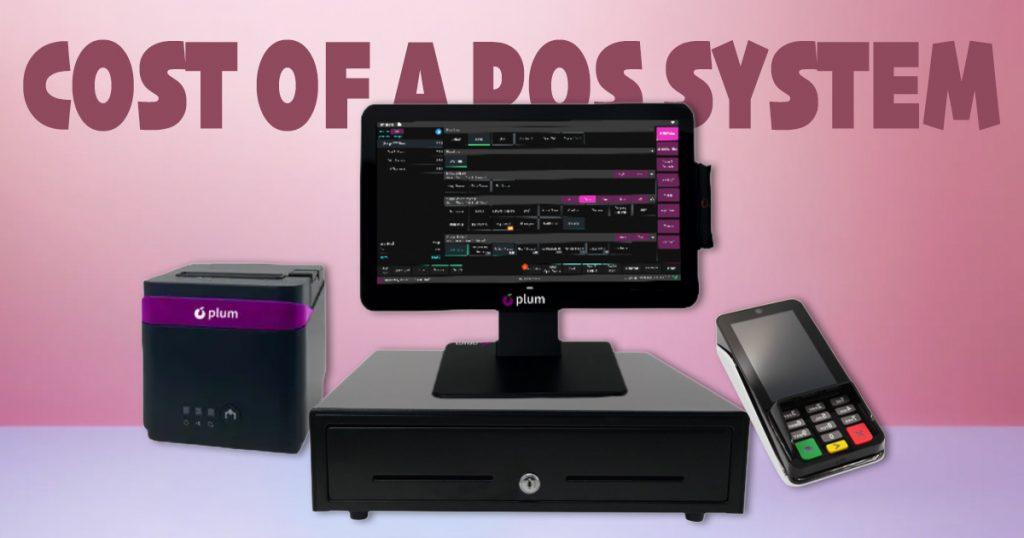When running a business, one of the most important investments is a point of sale (POS) system. The cost of a POS system depends on several factors, such as hardware, software, and transaction fees. Understanding these components helps businesses budget effectively and choose the right system for their needs.
How Much Do POS Systems Cost?
POS systems vary significantly in price, starting as low as $49 and reaching several thousand dollars depending on the type and complexity of the system. Basic setups can be affordable, but as businesses require more advanced features, costs increase.
What Is the Price Range for POS Subscription Fees?
Many POS systems come with subscription fees. These can range from $0 for entry-level software to hundreds of dollars per month for more advanced systems with robust features. For example, providers like Square and Shopify offer free plans for smaller businesses, but upgrading to advanced features can cost between $29 to $289 monthly.
Factors that Affect POS System Prices
Several factors influence the total cost of a POS system. Below are five key aspects:
- Business Type: Different industries have unique POS needs. Restaurants, for example, may require kitchen displays and table management tools, while retail businesses might focus more on inventory tracking.
- Hardware Requirements: The cost of hardware, such as POS terminals, card readers, and barcode scanners, varies significantly. High-end devices or self-service kiosks will drive up the overall price.
- Number of Features: The more features a POS system offers, such as detailed reporting or customer loyalty programs, the higher the cost. Advanced systems are typically more expensive than basic setups.
- Payment Processing Rates: Payment processors charge fees for each transaction. Lower subscription fees may mean higher transaction fees, which is something to consider when selecting a POS system.
- Industry-Specific Add-ons: Many POS systems offer tailored tools for specific industries, such as e-commerce or delivery management. These add-ons often come at an extra cost.
How Much Do Hardware Costs for POS Systems?
POS hardware is often a one-time cost but can be substantial depending on the business’s needs. A basic setup—comprising a terminal, cash drawer, and receipt printer—might cost around $500. Larger systems with more registers or advanced kiosks can cost between $1,000 to $4,000 or more. Many vendors offer payment plans to make these investments more manageable for small businesses.
How Much Is the Typical Credit Card Processing Fee?
Credit card processing fees are a significant part of POS system costs. These fees typically range from 1.5% to 3.5% per transaction, with an additional flat fee of around $0.10 to $0.30 per transaction. Businesses using flat-rate systems, such as Square, often experience consistent pricing, while those with more complex systems may opt for a more customizable “interchange-plus” fee structure.
Other POS Costs and Fees
In addition to hardware and software, other expenses can add to the overall cost of a POS system. These include fees for multiple registers, add-on features, location-based fees, and transaction-related costs.
Per-Register POS Fees
Many POS providers charge extra fees for each additional register. For instance, some services charge around $39 per month for every additional register, which can add up for businesses with multiple sales points.
POS Costs for Add-On Features
POS systems often offer additional features like customer loyalty programs, online ordering, and advanced inventory management. These add-ons can come with extra subscription fees. For example, a restaurant may need to pay extra for delivery or online ordering capabilities, while a retail business may need add-ons for e-commerce integration.
Per-Location POS Fees
Businesses with multiple locations may face extra charges for each one. These fees can range from $10 to $100 per location, depending on the POS provider and the features needed. This makes it important for businesses to choose scalable POS systems that can grow with them.
Per-Transaction POS Fees
In addition to subscription fees, POS systems often charge a fee for each transaction. This fee varies depending on the payment method, such as whether the customer uses a credit card or processes the transaction online. Typically, per-transaction fees range from 2% to 3% for in-person sales and 3% to 4% for online transactions.
Understanding POS System Costs in 2024
Understanding the various costs associated with a POS system is crucial when choosing the right one for your business. POS systems come with a range of fees, from hardware investments to monthly software subscriptions and processing fees. Smaller businesses can get by with more basic, affordable systems, while larger companies with multiple locations or more complex needs may face higher costs. By considering factors like hardware needs, software features, and processing rates, businesses can choose a POS system that fits both their operational requirements and budget.
